Welcome to a critical aspect of festival planning that often flies under the radar but is paramount for every responsible organizer: understanding and navigating the legal frameworks surrounding harm reduction. In the dynamic world of festivals, where the vibrancy of music and culture meets the realities of public safety and health, staying legally sound is not just a necessity but a duty.
In this guide, we’ll walk you through the essential legal considerations you need to be aware of when implementing harm reduction strategies at your festivals. From drug policy laws to health and safety regulations, and navigating the nuances of liability – we’ve got you covered. Our aim is to empower you with knowledge, so you can confidently create not only an exhilarating but also a safe and legally compliant festival experience. Let’s dive into the legal intricacies of harm reduction and unravel how you, as a festival organizer, can navigate these waters smoothly.
Overview of Legal Considerations in Harm Reduction
Before diving into specifics, let’s set the stage with an overview of the legal landscape that surrounds harm reduction at festivals. Understanding these legal frameworks is essential in creating a safe and compliant environment for your attendees.
- Drug Policy Laws: These laws vary significantly across different regions and countries. They can dictate what kind of harm reduction measures are permissible at your event, such as the distribution of Narcan or the legality of drug testing services. It’s crucial to be well-versed in these laws to avoid unintended legal infringements.
- Health and Safety Regulations: These are the rules and guidelines that ensure the well-being of your festival-goers. They can range from basic first aid requirements to more complex medical and emergency services provisions. Adhering to these regulations not only keeps your attendees safe but also safeguards your festival from legal complications.
- Liability Issues: As an organizer, you’re responsible for the safety of your attendees. Understanding the scope of your liability is key, especially when implementing harm reduction strategies. This includes knowing how these measures can impact your liability in case of any incidents.
In this section, we aim to provide you with a broad understanding of the legal frameworks you need to consider. This knowledge forms the foundation of effective and lawful harm reduction implementation at your festival. Let’s ensure that your festival not only thrills and entertains but also aligns with the necessary legal standards.
Navigating Drug Policy Laws
Navigating drug policy laws is a critical aspect of implementing harm reduction strategies at festivals. These laws can significantly vary, influencing what measures you can legally implement to ensure attendee safety.
- Understanding Local and Regional Laws: The legalities surrounding drug use and harm reduction tools like Narcan vary greatly by location. It’s essential to be well-informed about the specific drug policy laws in the area where your festival is being held. This might mean different approaches and preparations depending on your festival’s location.
- Staying Updated and Compliant: Drug laws can evolve, so staying up-to-date is crucial. Ensure regular consultations with legal experts or local authorities to keep abreast of any changes that might affect your festival. This proactive approach will help you adapt your harm reduction strategies accordingly and maintain legal compliance.
- Educating Your Team: It’s not just about knowing the laws yourself; your entire team should be informed. Conduct training sessions to educate your staff about the legalities of harm reduction practices. This ensures that everyone involved in your festival is on the same page and operates within legal boundaries.
Understanding and adhering to drug policy laws is not just a legal obligation but also a moral one. By navigating these laws carefully, you can create a festival environment that is safe, enjoyable, and legally sound.
Health and Safety Regulations
Health and safety regulations are the backbone of any festival’s risk management plan. Compliance with these regulations is essential for the safety of your attendees and the legal protection of your event.
- Identifying Relevant Regulations: Different regions have varying health and safety requirements for public events. This can range from mandatory medical services to specific guidelines for crowd management. Identifying which regulations apply to your event is the first step in ensuring compliance.
- Integrating Harm Reduction into Safety Plans: Once you know the regulations, integrate your harm reduction strategies into your overall safety plans. This might involve setting up well-marked harm reduction stations, training staff on emergency response protocols, and ensuring easy access to medical assistance.
- Regular Reviews and Updates: Health and safety regulations can change, and it’s important to regularly review and update your plans to reflect these changes. This not only ensures ongoing compliance but also demonstrates a commitment to the highest safety standards.
By prioritizing health and safety regulations and seamlessly integrating harm reduction strategies, you set the stage for a festival that is not only memorable and fun but also secure and compliant.
Liability and Risk Management
Incorporating harm reduction vending machines and other safety measures into your festival planning also involves navigating the realms of liability and risk management. Here’s how you can address these crucial aspects:
- Understanding Your Liability: As a festival organizer, you have a legal and ethical responsibility to ensure the safety of your attendees. This includes understanding how the introduction of harm reduction strategies affects your liability. In some cases, providing harm reduction services can help mitigate liability by demonstrating a proactive approach to attendee safety.
- Developing Risk Management Strategies: Effective risk management involves identifying potential risks associated with festival activities and implementing strategies to mitigate them. This includes training staff on harm reduction practices, ensuring clear communication with attendees about available safety measures, and having contingency plans in place.
- Working with Legal Counsel: Given the complexities of liability laws and the potential for varied interpretations, it’s advisable to work closely with legal counsel. They can provide guidance on how to effectively implement harm reduction measures while managing your liability risks.
- Insurance Considerations: Ensure that your festival’s insurance policy covers the specific harm reduction measures you plan to implement. Discuss with your insurance provider to understand the coverage details and any additional policies that might be necessary.
Collaborating with Legal Experts
The legal landscape of harm reduction at festivals can be complex and ever-changing. Hence, collaboration with legal experts is an indispensable part of your festival planning process.
- Seeking Expertise: Legal experts specializing in event planning and harm reduction can provide invaluable insights into the best practices for implementing these strategies within the legal framework. Their expertise ensures that your festival’s harm reduction measures are both effective and compliant.
- Regular Consultations: Regular consultations with legal experts can help you stay updated on any changes in laws and regulations that might impact your festival. This proactive approach can save you from potential legal pitfalls down the line.
- Customizing Legal Strategies: Every festival is unique, and so are its legal needs. Work with legal professionals to tailor a strategy that fits your specific context, considering factors like festival size, location, and the nature of the event.
Navigating the legal aspects of harm reduction at festivals might seem daunting, but it’s a crucial component of responsible festival management. By understanding and adhering to legal frameworks, developing sound risk management strategies, and seeking expertise when needed, you can ensure that your festival is not just a hub of entertainment but also a benchmark for safety and legal compliance. Embrace these guidelines as part of your journey to hosting safer, more successful festivals.







